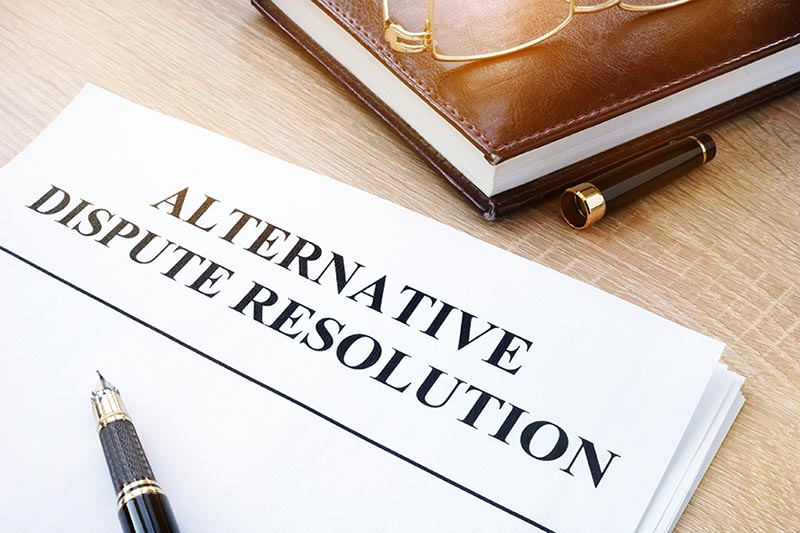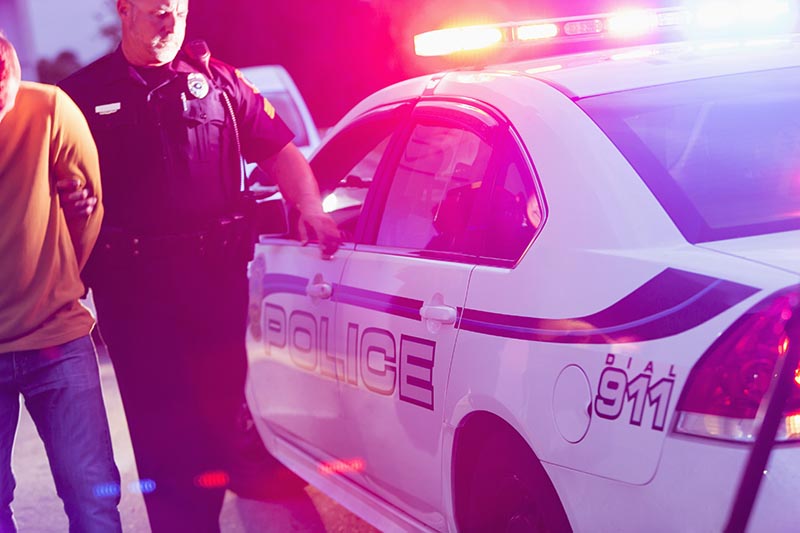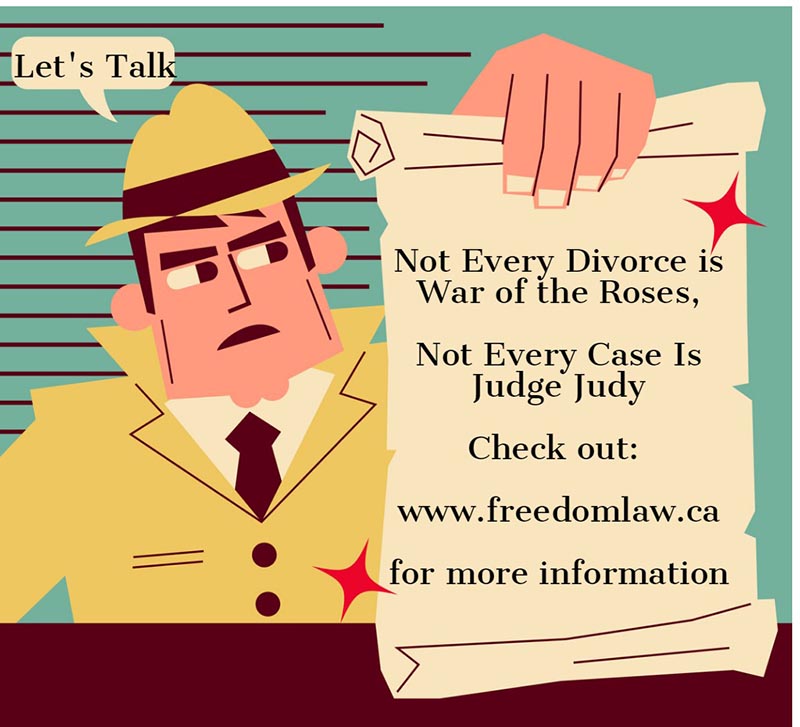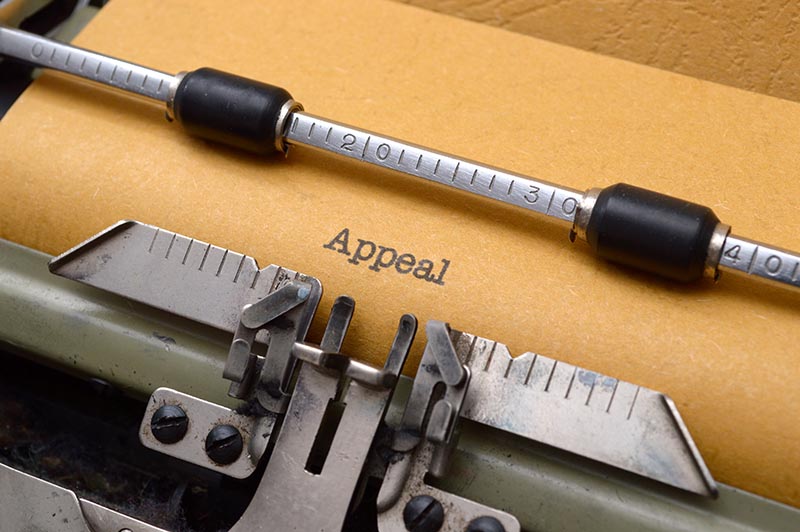What is Alternative Dispute Resolution?

In Alberta – the acronym ADR stands for Alternative, Appropriate, or Adaptive Dispute Resolution. While this acronym is used differently depending on who you’re speaking to within the ADR community – in family law the term ADR generally stands for alternative dispute resolution as they pertain to family law and divorce law proceedings. Alternative dispute resolution is most often used as an alternative to expensive litigation as it is a less costly venture and considered an expedited approach to dispute resolution.
Alternative dispute resolution processes include but are not limited to mediation, negotiation, facilitation, arbitration, restorative practices and consensus decision making where both parties come to an agreement on family law resolutions. Alternative dispute resolution is also a way of ensuring a collaborative, respectful and considerate approach to both parties involved when it comes to resolving their legal issues.
What are the benefits of alternative dispute resolution?
There are many benefits to alternative dispute resolution when it comes to family law and divorce proceedings. For example
- Alternative dispute resolution cost less to resolve legal issues than litigation or traditional court routes
- Alternative dispute resolution can result in a speedier resolve to contentious issues
- They offer various options for your family law or divorce issues which gives participants more control in choosing their outcomes
- They are private and confidential
- They aim to preserve relationships but at the same time allow participants to learn better ways to prevent or solve problems in the future
- Gives all participants chances on being heard and voicing their concerns and opinions
How does alternative dispute resolution work?
In Alberta, as well as other provinces across Canada – alternative dispute resolution has historically been an effective way of negotiating and settling family law disagreements. The process involves having lawyers work with both parties in a relationship. The lawyers work under a common objective that both parties reach common ground on all or most issues and that the resolutions work best for both parties involved. There is also an emphasis to resolve differences between both parties expeditiously – making it a very cost-efficient alternative to a long winded and drawn our divorce proceeding. There is an increasing trend of divorcing couples seeking out-of-court dispute resolution with regards to family law and child welfare matters – which is less taxing on the courts. While Alberta does not yet mandate alternative dispute resolution – this type of dispute resolution is not recommended where domestic abuse exists.
Why Choose Verhaeghe Law Office for Alternative Dispute Resolution
At Verhaeghe Law Office, we can offer alternative dispute resolution services to our clients as an option. Our team can make both registered mediators and registered collaborative family law lawyers available to you in order to offer effective alternative dispute resolution services. Through alternative dispute resolution – our lawyers work to ensure that you and your spouse come to a speedier resolve with respect to your divorce proceedings without breaking either of your bank accounts.
Our Edmonton family and divorce lawyers are highly experienced in family law matters and routinely represent clients through alternative dispute resolution processes. We can offer this service no matter how seamless or complex your divorce proceedings may be.
Our Edmonton divorce lawyers take pride in the fact that we can resolve your family law disputes in a timely and cost-effective matter as we have done for many other clients in the past. Contact us for a consultation today by calling 587-410-2500 and speak directly with an Edmonton divorce lawyer regarding your family law matter.
*Please note the content in this blog does not constitute legal advice as every case is unique from one another. We encourage you to seek legal advice for answers to your divorce and family law questions.




